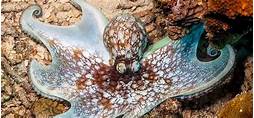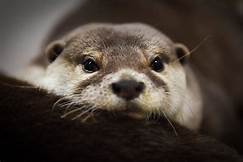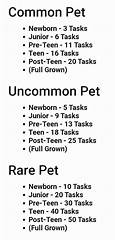Can I Have a Pet Beaver?
Beavers are fascinating creatures known for their remarkable building abilities and ecological importance. Their large, bucktooth appearance and waddling gait have captivated many people. But before you consider bringing a beaver into your home, it's essential to understand their needs, behavior, and potential challenges.

Beaver Behavior and Characteristics
1. Semi-aquatic: Beavers are semi-aquatic animals requiring access to water and land. They build dams and lodges in rivers, lakes, and wetlands, using their strong teeth to cut down trees and branches.
2. Social Structure: Beavers live in family groups called colonies, consisting of parents and their offspring. They work together to build and maintain their habitat, gather food, and protect their territory.
3. Nocturnal: Beavers are primarily nocturnal, spending most of their time active at night. They forage for food and build their structures in the cover of darkness.
Can Beavers Be Pets?
1. Legal Considerations: Keeping beavers as pets can be illegal in many areas. Local regulations may restrict or prohibit keeping wild animals as pets. Always check with local authorities before acquiring a beaver.
2. Habitat Requirements: Beavers need a large, well-maintained habitat that includes water access, land for building, and an abundant food supply. Providing a suitable enclosure can be expensive and challenging.
3. Behavior and Safety: Beavers can be destructive and potentially dangerous animals. They have powerful teeth and can bite if they feel threatened or stressed. Their chewing habits can also cause damage to property.
Challenges of Keeping Beavers as Pets
1. Medical Care: Beavers require specialized veterinary care, and finding a veterinarian experienced in treating beavers can be difficult. Regular checkups and vaccinations are essential for maintaining their health.
2. Lifespan: Beavers have a relatively long lifespan of up to 20 years in captivity. This means you're committing to a long-term responsibility and should consider the animal's well-being throughout its life.
3. Diet and Nutrition: Beavers have a unique diet that includes aquatic plants, bark, twigs, and occasionally small animals. Providing a balanced and varied diet can be challenging, and improper nutrition can lead to health problems.
Ultimately, keeping beavers as pets is not recommended due to their legal, habitat, behavior, and health concerns. Beavers are best left in their natural habitats, where they can thrive and contribute to the ecosystem.
Declaration: All article resources on this website, unless otherwise specified or labeled, are collected from online resources. If the content on this website infringes on the legitimate rights and interests of the original author, you can contact this website to delete it.





